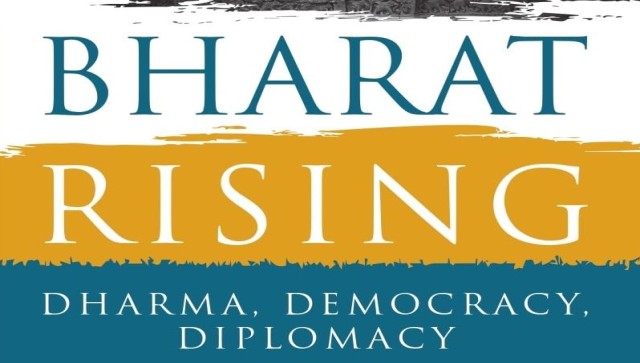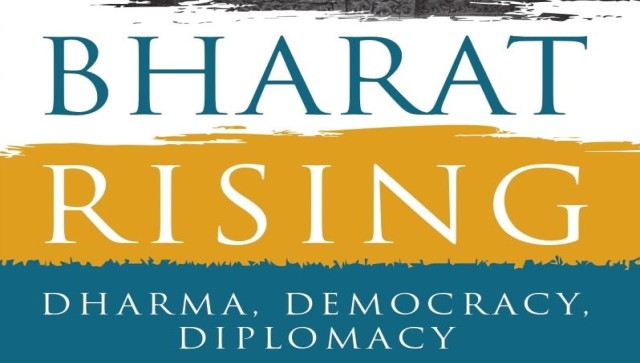The country may have cheered the Supreme Court’s decision to strike down Section 66A, unfettering free speech in the process, but political parties in the country are yet to develop an appetite for criticism. And as long as they don’t, they will find ways to crack down on any narrative that is at odds with their interests.
A case in point is the human resource development ministry which made an ‘inquiry’ into the activities of a students’ group in IIT Madras and then shut it down allegedly over comments being made against the Prime Minister.
According to a report in The Times of India, the HRD ministry, apparently acting on an anonymous complaint, wanted to know what a pro-Ambedkar students’ group was up to in IIT Madras. Immediately after the government made it evident that they were watching the group’s activities, the college banned the group from functioning in its premises. Their fault? They were critical of Prime Minister Modi and the BJP government’s various policies.
If the TOI report is to be believed, the students didn’t take out disruptive processions or organise public meetings - activities that political parties routinely indulge in - but circulated pamphlets in which the government’s land bill, the beef ban were criticised among other things.
TOI reports: “The ‘controversial’ pamphlet that the MHRD forwarded was the copy of a speech by a Dravidian University academic R Vivekandanda Gopal on the “Contemporary relevance of Dr Ambedkar”. The event was organised by the APSC on the campus. The pamphlet reproduced portions in which the speaker had criticized the Modi regime for “pro-corporate” policies such as the Land Acquisition Bill and insurance and labour reforms. He had also accused the government of “communally polarizing” people by introducing a ban on cow slaughter and through ghar wapsi programs.”
The dean of the college has defended the decision to ban the student’s group called the Ambedkar Periyar Student Circle (APSC) and said that students were misusing privileges extended to them by the college. The dean did not specify how a political discussion such as the one APSC indulged in amounted to misusing privileges of the college.
Just to put things in perspective, rarely will the academic head of a college want to take on the government to defend the rights of a small group of students. It’s easier to clamp down on the students than spar with the government to defend their right to have a political opinion and discuss it in college. The letter from the ministry may have sought the ‘comments’ of the institute on the matter, but in may have been considered a thinly veiled threat.
The ministry already declared that the ‘anonymous complaint’ they had received was ‘serious’ in nature. Now when the dean of a college receives a communication from the government which alleges ‘serious’ misconduct under his watch, the easier and practical way out of the mess would be to rap the students and shut them down. And that’s exactly what IIT Madras dean Sivakumar M Srinivasan did.
However, by acting like a high school bully the government comes across as insecure and slightly vengeful. Though the HRD ministry said they acted on the complaint of other students in the college, their very decision to intervene in a non-threatening, critical political discussion in an educational institute lays bare insecurities. Political discussions and criticism has traditionally been a part of college education down the ages and across the world. Governments have always tried to meddle in them in the past too. After all, it is easy to intimidate young students, who will be generally apprehensive about their future, and send out a strong message to others who maybe criticising the government verbally or producing literature critical of its policies.


)




)
)
)
)
)
)
)
)